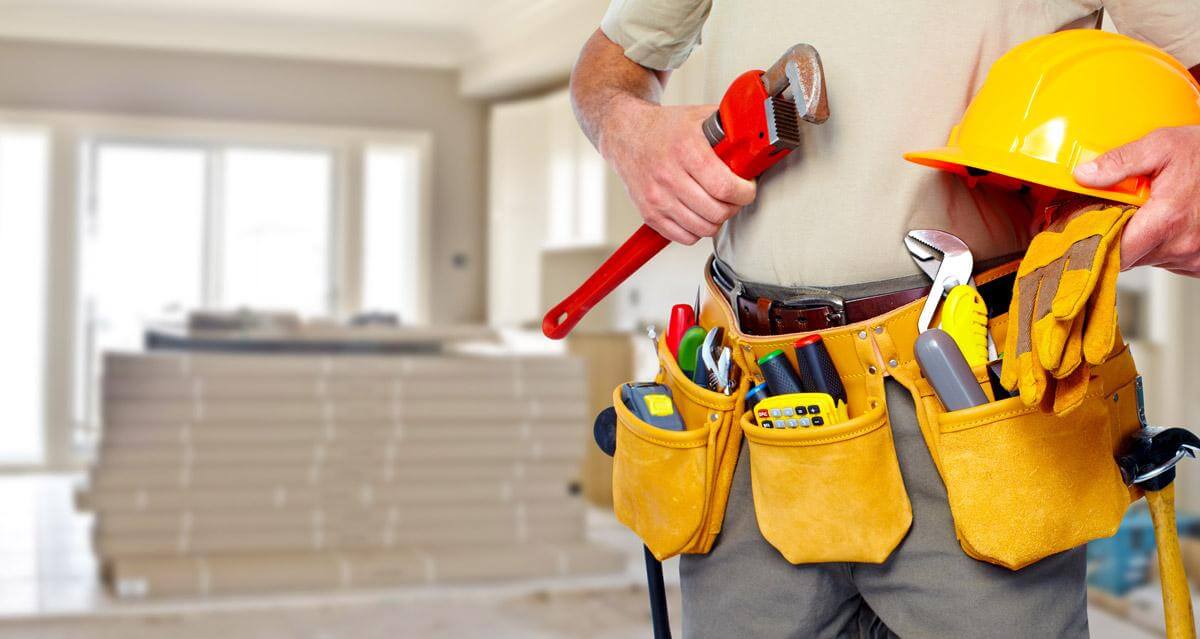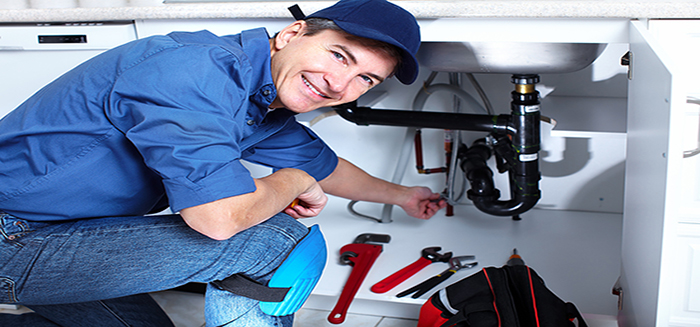Understanding Your Home's Plumbing and Heating Equipments

Recognizing Your Home's Plumbing and Home heating Solutions
As a home owner, you can not pay for to disregard your home's pipes and heating systems. These critical elements are the backbone of your home, making sure a steady supply of water, reliable temperature level guideline, and proper waste elimination. plumbing and heating near me While they may appear daunting, understanding these systems can open up a globe of benefits - from protecting against expensive repair services to boosting power efficiency. Immerse yourself in the understandings ahead, and you'll discover functional strategies to maintain your home's necessary facilities running efficiently, securely, and cost-effectively.
Secret Takeaways
- Comprehend the purpose of pipes systems in providing clean water and effectively eliminating secondhand water and waste.
- Determine typical pipes concerns like leaks, deterioration, and minimized pressure, and take preventative actions for early discovery.
- Preserve furnace with annual tune-ups, air filter changes, and surveillance pressure and water levels to make sure efficient and regular heating.
- Improve power performance by upgrading to high-efficiency heating and cooling devices, performing energy audits, and implementing targeted upgrades like insulation and air securing.
- Make certain the safety and long life of plumbing and heating unit through annual professional assessments and immediately resolving any kind of problems to avoid costly damage.
The Function of Plumbing Systems
Pipes systems are made to supply clean water to your home's fixtures and home appliances while successfully removing pre-owned water and waste. The primary purpose of your home's plumbing system is to offer a trustworthy and hygienic way to distribute fresh water and deal with wastewater. This network of pipelines, shutoffs, and fixtures warranties that clean water is available whenever you require it, whether you're showering, cleaning recipes, or running your washing equipment.
The water supply component of your pipes system brings water into your home from either a metropolitan resource or a personal well. This clean water is then dispersed throughout your home to the different components and home appliances that need it.
On the other hand, the drainage solutions in your plumbing system are responsible for getting rid of secondhand water and waste, successfully bring it away from your home and into the sewage system or septic system.
Identifying Pipes Issues
While a well-functioning pipes system is vital for your home's comfort and sanitation, you might sometimes encounter different problems that need your interest. Identifying these issues beforehand can help you address them without delay and protect against larger, extra costly problems down the line.
One typical plumbing problem is a leakage, which can happen in numerous parts of your system, from pipelines to fixtures. Recognizing a leakage early on with routine examinations and fast leak discovery can save you from water damages and higher utility bills.
An additional issue to watch out for is pipeline deterioration, which can lead to leakages, reduced water pressure, and also ruptured pipes. Monitoring your pipelines for indications of rust, such as staining or mineral build-up, and addressing them proactively can assist maintain the integrity of your pipes system.
Focusing on these and various other prospective troubles can assist you keep your home's plumbing operating smoothly and effectively, guaranteeing your house's comfort and convenience.
Keeping Home Heating Solutions
Keeping your home's heating system is vital for guaranteeing comfort and energy effectiveness throughout the cooler months. Regularly servicing your heater, boiler, or other heating equipment can extend its life expectancy, boost performance, and help stop pricey break downs.
Start by scheduling annual tune-ups with a certified heating and cooling professional. They'll evaluate your system, clean and calibrate parts, and attend to any kind of minor issues before they become major issues.
Changing air filters every 1-3 months is also vital, as filthy filters can restrict air flow and reduce effectiveness.
For central heating boilers, it is essential to bleed the radiators consistently to eliminate trapped air, which can cause uneven heating. You ought to likewise inspect the pressure and top up the water degree as required.
If you encounter any type of odd noises or inconsistent home heating, don't hesitate to contact a specialist for boiler troubleshooting.

Improving Energy Efficiency
To improve your home's power efficiency, take into consideration upgrading to more energy-efficient cooling and heating equipment. Changing older, less efficient models with newer, high-efficiency systems can markedly decrease your energy costs and ecological impact.
One more means to enhance your home's power performance is by performing a power audit. This assessment can determine areas where your home is losing power, such as breezy windows or insufficient insulation.
When you've recognized these issue areas, you can make targeted upgrades, like including insulation to your attic or securing air leakages around doors and windows. Purchasing insulation upgrades can significantly boost your home's total thermal performance, maintaining it warmer in the winter and cooler in the summer season.
Ensuring Security and Long Life
Appropriate maintenance and routine assessments are vital for ensuring the security and durability of your pipes and heating systems.
Safety and security inspections must be executed each year by a qualified expert to identify potential issues before they end up being major troubles. They'll check for things like gas leaks, carbon monoxide gas levels, and wear and tear on important elements. It's also essential to address any type of troubles promptly, as postponing repair work can cause more substantial and expensive damages down the line.
In addition to regular upkeep, it's a good concept to evaluate system upgrades as older devices ends up being less efficient or a lot more susceptible to failures.
Updating to energy-efficient versions can not just enhance safety and reliability but additionally help you save money on energy bills. A professional can evaluate your present arrangement and suggest the very best options to satisfy your requirements and budget plan.
Frequently Asked Questions
What Is the Typical Life-span of a Water Heater?
The ordinary lifespan of a hot water heater is normally 8 to 12 years, though proper hot water heater upkeep can extend its long life.
Ensuring your hot water heater is energy-efficient is likewise important, as it can conserve you money on energy costs.
To obtain the most from your hot water heater, routine normal upkeep checks, attend to any type of concerns quickly, and take into consideration upgrading to a more effective design when it's time to replace your existing one.
How Can I Repair a Leaking Tap?
To troubleshoot a dripping faucet, begin by turning off the water system.
After that, disassemble the faucet and check the washers, O-rings, and various other parts for wear or damages.
Replace any worn components, and rebuild the faucet.
This easy tap fixing can assist you save water and avoid more leakages.
If the leakage persists, you might need to call a plumber for extra extensive repairs.
What Are the Benefits of a Programmable Thermostat?
Using a programmable thermostat can supply you considerable energy cost savings and increased customer comfort.
It allows you to immediately adjust your home's temperature based on your schedule, guaranteeing the climate is maximized for when you're home or away. This can minimize your power usage and reduced your energy bills.
Plus, the programming function makes it simple to maintain your preferred comfort degree without constantly adjusting the thermostat by hand.
How Do I Effectively Protect My Home's Pipeline?

To appropriately protect your home's pipelines and reduce warm loss, beginning by determining the pipelines and choosing the appropriate size insulation.
Search for pipe insulation made of foam or fiberglass - these products properly catch warmth.
Cover the insulation snugly around the pipes, making certain there are no spaces. Secure it in place with tape or clips.
Effectively insulating your pipes can save you money on energy costs and protect against pipelines from cold in cold weather.
When Should I Take Into Consideration Upgrading My Home's Pipes System?
You ought to think about upgrading your home's plumbing system when you discover signs like constant blockages, low tide stress, or old, obsolete pipes.
Updating can offer a number of benefits, such as improved effectiveness, reduced water and energy expenses, and boosted safety and security.
Verdict
You've discovered that recognizing your home's pipes and heating unit is crucial to preserving efficiency and security.
By frequently checking for concerns like leakages or rust, and adjusting up your heating system, you can avoid pricey repair work and enhance energy efficiency.
Remaining aggressive with maintenance guarantees a safe and comfortable living atmosphere for several years to come.
